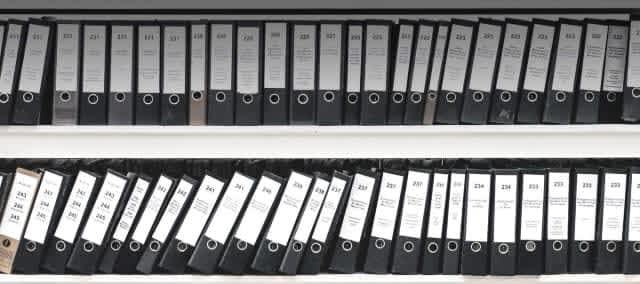1. Find any missing pensions
It can be easy to lose track of pensions, especially if you’ve worked for lots of different employers over the years, or if you’ve moved home regularly and haven’t always notified pension providers of your change of address. According to recent research, there could be as much as £20 billion lying unclaimed in forgotten or lost pensions, even though this money could often make a big difference to retirement incomes. Learn more about whether you could own a share of the UK’s lost pensions mountain (or head over here if you wish to find a pension).
2. Check your fees out
How much are you paying for your pension? If you’re not sure, it’s time to find out exactly how much your pension is costing you. The higher the fees you’re being charged by your provider, the more they will eat into any investment growth.
We’ve seen some pension annual management charges as high as 5% per year.
Example: If you were to have a pension fund of £20,000 which was growing at an annual rate of 2% per year and featured the above annual management fee, the pension value would reduce to £14,597 after ten years, meaning you’d be £5,403 worse off.
If you’re being charged too much, you might want to consider transferring to a plan with lower charges. Remember though, transferring won’t be right for everyone as some plans come with valuable benefits which you don’t want to lose, so if you’re not sure whether it’s the right thing to do, always seek professional financial advice first.
Find out why it’s so important to check your charges.
3. Get a boost from the taxman
One of the best things about pensions is the valuable tax relief they provide on any contributions you or your employer make. However, you need to remember that income from your pension is taxable when you start to take it. The good news is that there are plenty of ways to ensure you don’t pay more tax than you need to, for example, by taking out your pension gradually.
Discover five top pension tax tips to help you keep your tax bills to a minimum.
4. Check your pension performance
Lots of us don’t even know the value of our pensions, let alone how they’re performing. However, it’s really important to monitor how your pension savings are doing, so you can be certain you’re on track to achieve the sort of retirement you want. Your pension statement will show you where your pension is invested, and how these investments are performing. If your pension funds aren’t performing well, you may want to consider moving your retirement savings elsewhere but get advice first.
Read about where your pension is invested.
5. Know how much you need for a comfortable retirement
Even if you do know the current value of your pension, it’s not always easy to know whether it will be enough to provide you with the retirement you want. Think about what sort of lifestyle you expect to live once you’ve stopped work and use our pension calculator to help you pinpoint exactly how much you’ll need.
Check our pension calculator to see how much income you’ll need in retirement or you can learn more about pensions in our guides' section.


